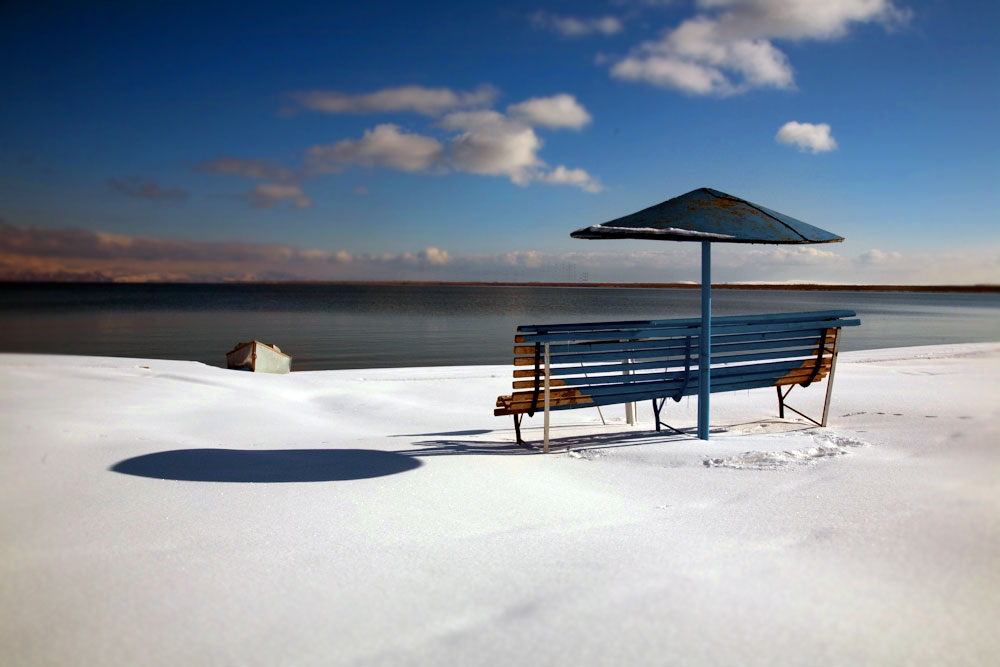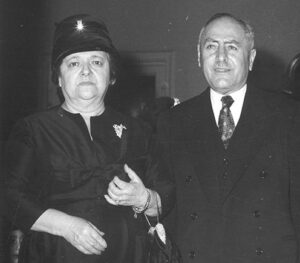
PREVIOUSLY we left Daniel adopted by a Turkish family.
FROM DANIEL’S DIARY
The first time I reached this section of Daniel’s diary I felt relief and cried in the hope that finally Daniel was safe and had found adults to take care of him. I don’t know if I have mentioned this before but both sides of my family were victims of the mass deportations and forced death marches the Ottomans inflicted on the ethnic Armenians in 1915. Daniel was my maternal grandfather and you are reading his story but here I would like to tell you about Araxie, my paternal grandmother. She was a pretty little girl. In 1915 she was ten years old and on a forced march with her mother. My great grandmother was sick and getting sicker by the day. A Turkish soldier noticed Araxie and approached her mother. He asked her to give up Araxie to him. He said he was childless and would adopt her and bring her up as his own. My great grandmother spat in his face and refused point blank. This went on for days – the Turkish soldier trying to convince my great grandmother and she refusing. One day he said to her ‘you know that I am the only way Araxie will survive. If you give her to me I will bring her up as my own.’ My great grandmother finally agreed on one condition. She made him promise to marry Araxie only to an Armenian and not to a Turk. The Turkish soldier promised and gave her his address in case she survived. She didn’t. My great grandmother perished on an unknown road somewhere between Turkey and Syria. Five years later in 1920 there was a movement of young Armenian men from all over the world back to Turkey to gather all the Armenian women and children who were left behind. My paternal grandfather Kegham Khanamirian was one of those young men who went back to Turkey looking for Armenian girls. He found Araxie and married her. The Turkish soldier had stayed true to his word and had brought her up as his own daughter. And when an Armenian boy arrived at his door step and asked for her hand, he gave her up to him. She was one of the lucky ones.40- ‘I am not wanted’.
‘Arsho described my situation as follows, Ahmed Agha had no child and therefore, wanted to adopt me, but his wife had not yet given up hope of having one and hence did not want me. However she had no voice in family affairs and could not contradict her husband.
Next morning, after Ahmed Agha left the house to go to his shop, his wife (I have no idea of her name) slapped me hard on the face, put me out of the house and told never to come back. I went out and waited until Arsho came out (with) some pretend “business”. She showed me the way to Ahmed Agha’s shop and told me to hang around his street until evening and keep an eye on Ahmed Agha. She advised me to follow him when he closes the shop and walk right behind him and this is what I did’.
41- ‘Arsho warns me’.
‘Arsho told me that Ahmed Agha was planning to give me a Moslem Turkish name and have me circumcized and declare me his son. She advised me that this must never happen. Her plan was to delay the event, with the help of Ahmed’s wife until I could find another place to go.
She told me there were some Armenian families in Aintab, whom I could contact through the many Armenian refugee children roaming all day on the streets of Aintab and ask for Armenians to help me and save me from becoming a Moslem Turk.
By the third day of my adoption, I started to contact Armenian refugees in the streets and begged them to show me an Armenian home where I could get help. This is what I did all day and everyday for about 12 days but without success’.
42- ‘How I found an Armenian home.’
‘As pointed earlier the Armenian refugee children in the streets of Aintab were anything but eager to help me. Most of them refused even to listen to me, occasionally one of them would take the trouble to answer my question. Perhaps many of them did not even understand what I was saying because I must have been using the Armenian Zeitun dialect.
Those who took the trouble to answer my question, indicated me the general direction in which I should walk to get to the quarter where Armenian families lived. I walked for several days in that direction (to the west) all the way to the end of the city without finding any Armenians. Everyday I reported my failure to Arsho, but she insisted there were Armenians and that I should not give up my efforts to contact them. Years later, I realized why I could not locate Armenians. All the time I was hoping and expecting to find people dressed in Zeitun costumes and speaking the Zeitun dialect. At the age of 7 I could not think of any other real Armenians except the ones I had known in Zeitun.
The native Armenians in Aintab spoke the same language as the Turks and, as far as I could judge at the time and were dressed like the Turks.
One day which was the last day of my daily mission , I spoke to a little boy who was carrying some fire wood in a big half-tin can. Later I learned that he was the apprentice of an Armenian baker who was taking this fire from the oven to the house of his master. This was one way to have fire at home for heating or cooking. This little boy who was about my age told me to follow him. We got to his master’s home. He asked me to wait a bit and then on the knock on the door. He was afraid and careful not to bring in beggars to the house.’
SOME MORE FROM DANIEL’S DIARY..
43- ‘My Proof of this Home Being Armenian’.
‘I could not believe that there were Armenians who still had homes. Such a thing seemed to me to be impossible, specially when I was standing in front of a very large and solid building. I peeped in through the key hole, saw the women and heard their conversation. They weren’t dressed like Armenians (I was thinking of the dress of Zeitun women) and they did not speak Armenian.
After a careful study of the situation my hesitation was gone. Two things convinced me, that this could be an Armenian home. First, the little windows high up near the ceiling were in the shape of crosses. Second, it was a Saturday afternoon and they were pounding meat for Kubbeh (Houm Koefté). This was the first step in Zeitun on a Saturday afternoon to prepare the Michov Koefté for the Sunday lunch. These two signs convinced me that this family might be Armenian so I walked in as the door was left open.’
To be continued…
Menak Parov…See you next time




2 Comments
This gets more interesting as it goes on if that is possible…I really look forward to the next episode!
Thank you for sharing it!
So glad you’re enjoying it.